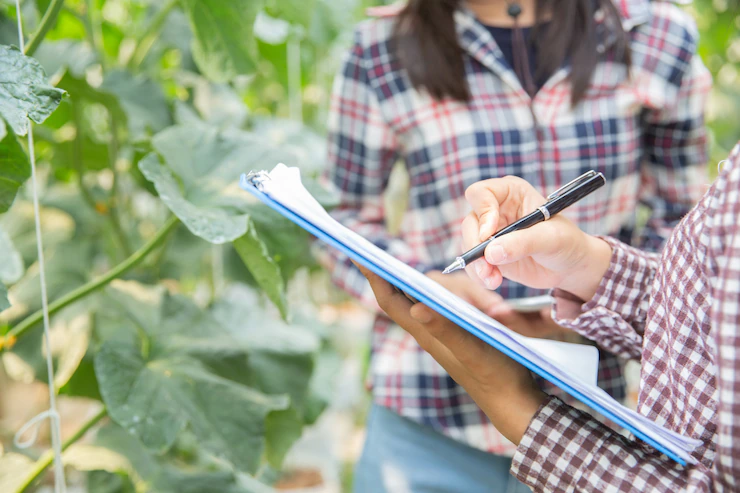Conducting a feasibility study for an agroprocessing business is an essential step in determining the viability and potential success of your venture. The study helps you assess various factors, such as market demand, financial feasibility, operational requirements, and potential risks. Here are the key steps to conduct a feasibility study for an agroprocessing business:
- Define the Business Concept: Clearly define your agroprocessing business concept, including the specific products you plan to process, the target market, and your overall business objectives.
- Market Analysis: Evaluate the market demand for your agroprocessed products. Identify your target customers, competitors, and market trends. Determine the potential size of the market and any gaps or opportunities you can leverage.
- Technical Analysis: Assess the technical feasibility of your agroprocessing business. Evaluate the availability and suitability of raw materials, processing equipment, and technology. Consider any infrastructure requirements, such as water, electricity, waste management, and transportation.
- Financial Analysis: Conduct a comprehensive financial analysis to determine the economic viability of your agroprocessing business. Estimate the initial investment costs, including land, buildings, machinery, and working capital. Calculate the production costs, pricing strategy, revenue projections, and profitability. Perform a sensitivity analysis to understand the potential impact of market fluctuations.
- Operational Analysis: Evaluate the operational aspects of your agroprocessing business. Determine the production process, quality control measures, and required human resources. Consider factors like labor availability, skills required, and training needs. Identify any legal and regulatory requirements related to food safety, permits, licenses, and certifications.
- Risk Assessment: Identify potential risks and challenges that may affect the success of your agroprocessing business. Assess market risks, such as changes in consumer preferences or competition. Evaluate operational risks, such as supply chain disruptions or equipment breakdowns. Develop contingency plans to mitigate these risks.
- Environmental and Social Impact: Consider the environmental and social impact of your agroprocessing business. Assess the sustainability practices, waste management strategies, and potential effects on local communities. Ensure compliance with environmental regulations and consider any social responsibilities associated with your business.
- Summary and Recommendations: Compile all the findings from your feasibility study into a comprehensive report. Summarize the key findings and make recommendations regarding the viability and potential of your agroprocessing business. Use this report to make informed decisions and seek funding or support from investors, financial institutions, or government agencies.
Remember, a feasibility study is a dynamic process, and it’s important to revisit and update it as new information becomes available or circumstances change.
Join 'Farmers Mag' WhatsApp Channel
Get the latest Farming news and tips delivered straight to your WhatsApp
CLICK HERE TO JOIN






